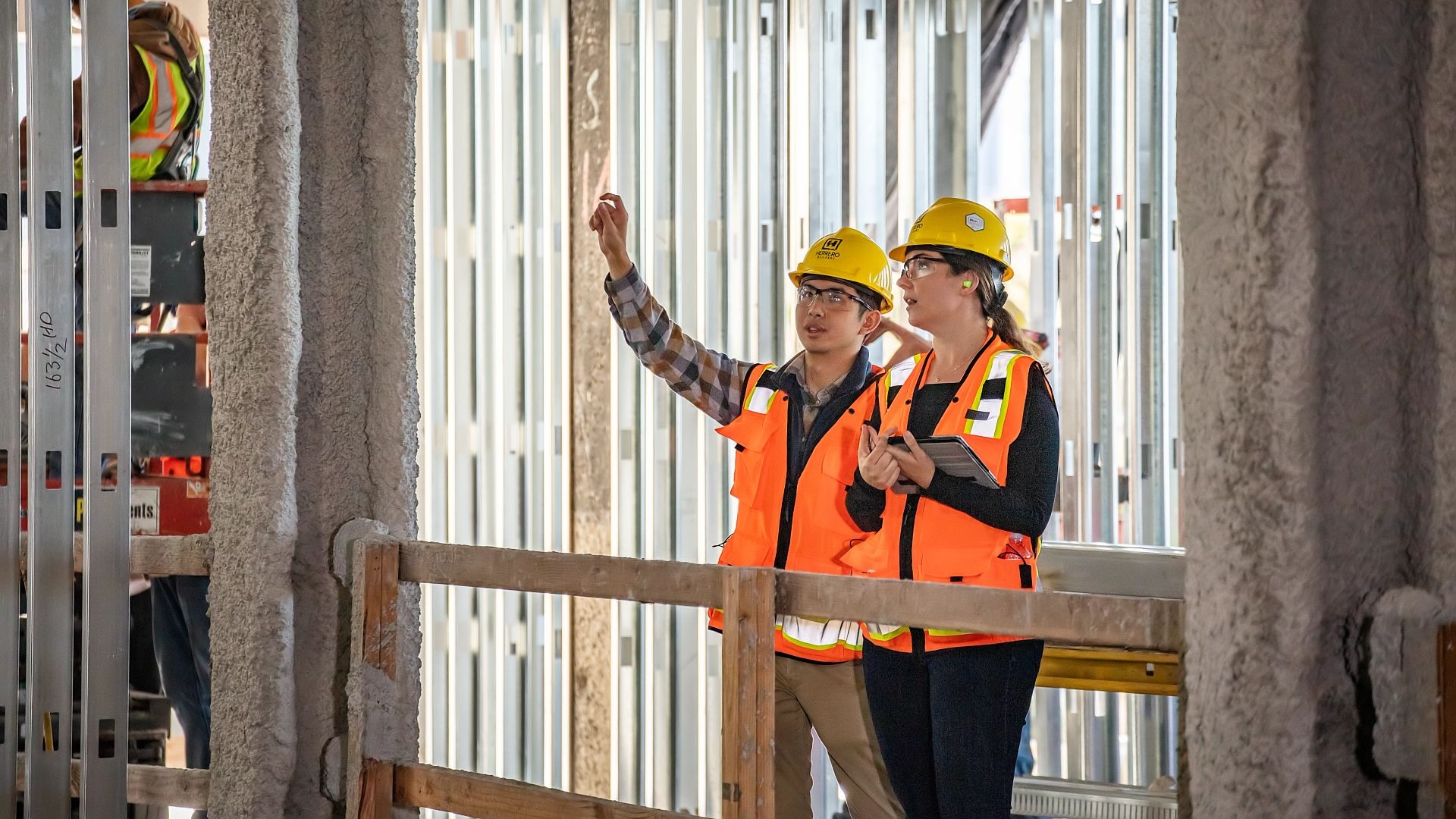
Choosing the right house contractor is crucial for a successful home building project. Experienced contractors possess the knowledge, skills, and resources to navigate the complexities of construction, from obtaining permits and managing subcontractors to ensuring quality and staying within budget.
Project Management Expertise
A skilled contractor acts as the project manager, overseeing all aspects of the construction process. They are responsible for creating a detailed project schedule, coordinating subcontractors, procuring materials, and ensuring that the project stays on track and within the agreed-upon timeframe.1
Building Relationships
Building strong relationships with subcontractors is essential for a smooth and efficient construction process. Experienced contractors have established networks of reliable and skilled subcontractors, such as plumbers, electricians, and carpenters, who can contribute to the success of the project.
Budget Management and Cost Control
Managing the project budget effectively is a critical aspect of successful construction. Experienced contractors can provide accurate cost estimates, identify potential cost overruns, and work with homeowners to make informed decisions that keep the project within budget.2
Quality Control and Safety
Ensuring the quality and safety of the construction process is paramount. Experienced contractors prioritize quality workmanship, conduct regular inspections, and adhere to all building codes and safety regulations.
Communication and Client Satisfaction
Effective communication is crucial throughout the construction process. Experienced contractors maintain open and honest communication with homeowners, providing regular updates on progress, addressing any concerns, and ensuring that the homeowner’s vision is realized.3
Problem-Solving and Adaptability
Unexpected challenges can arise during any construction project. Experienced contractors possess the problem-solving skills and adaptability to address unforeseen issues effectively and efficiently, minimizing delays and ensuring a smooth construction process.4
Building Trust and Confidence
Building trust and confidence with homeowners is essential for a successful partnership. Experienced contractors demonstrate professionalism, integrity, and a commitment to client satisfaction, fostering a positive and collaborative working relationship.
The Value of a Smooth Construction Experience
Choosing an experienced house contractor can significantly reduce stress and ensure a positive and rewarding home building experience. By working with a qualified professional, homeowners can minimize unexpected challenges, stay within budget, and achieve their dream home with confidence.






